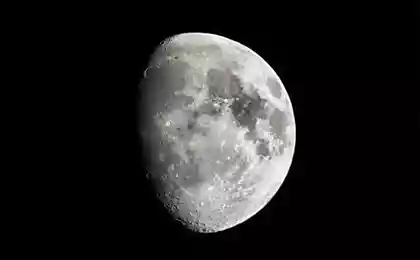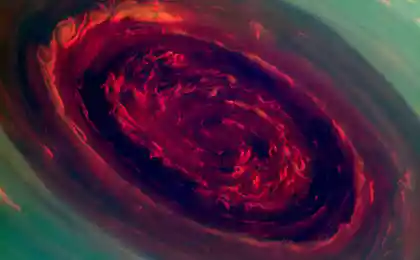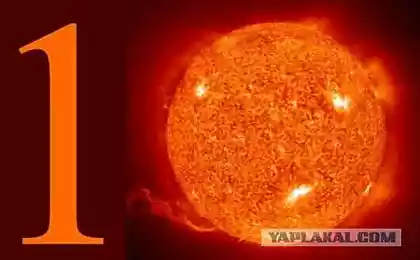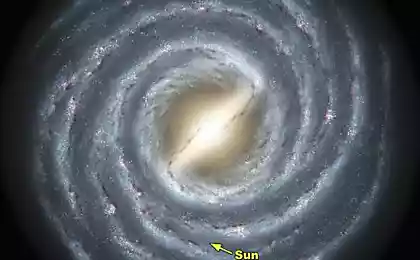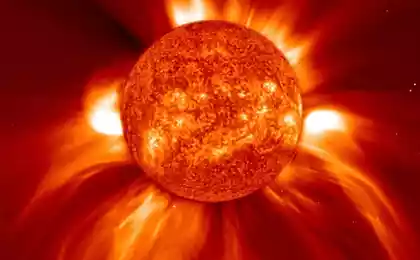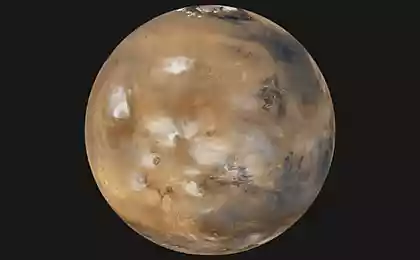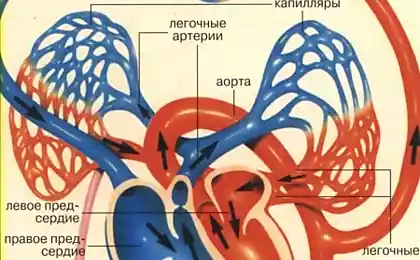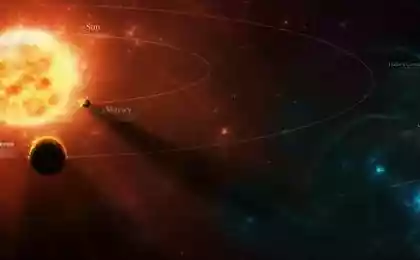147
What is at the heart of the solar storm
Our planet experienced a solar storm, after the twentieth of January 2005 occurred the most powerful of the coronary mass ejections, heading towards the Earth. After the cloud reached the Earth’s surface, the surrounding radiation belts swelled, as did ring currents, causing a six-hour aurora borealis.
These signs are considered typical for strong magnetic storms, and the described event is attributed to the strongest releases of solar protons ever recorded.
Scientist Janet Kozyra felt it was necessary to investigate the phenomenon in more detail. Analyzing data from twenty ground-based telescopes, the scientist and his team found that the ejection contained a rare and very dense substance of the solar prominence, which was ejected with great speed, which caused the observation of an unusually large amount of material ejected by the Sun.
Fortunately, the magnetic effects were not catastrophic, as the ejection was mitigated by magnetic random geometry.
Source: planetologia.ru/
Hacker threatens to reveal the secrets of the Creator of Bitcoin Satoshi Nakamoto
Mushroom Season - 5 Recipes from Jamie Oliver





